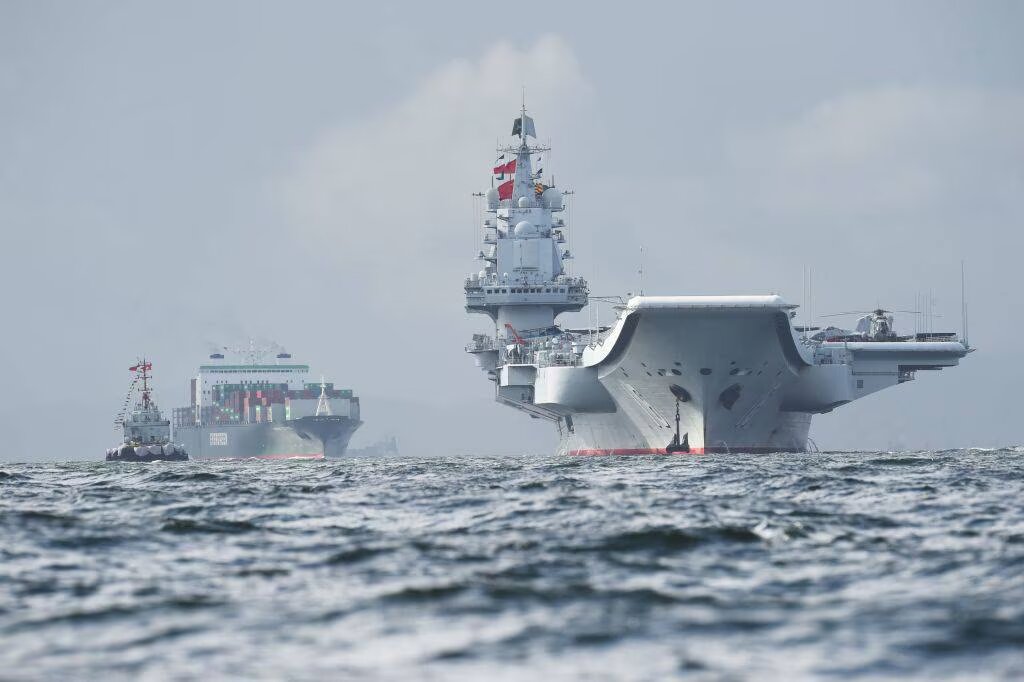The Ministry of National Defense (MND) in Taiwan tracked at least 26 Chinese military planes and four naval ships between Friday and Saturday, Taiwan News said today.
15 of the 26 People’s Liberation Army (PLA) planes were seen in Taiwan’s Air Defense Identification Zone, according to the MND (ADIZ). Four J-10 fighters from Chengdu, four J-16 fighters from Shenyang, one CH-4 reconnaissance drone, and one BZK-005 reconnaissance drone from Harbin all crossed the median line in the Taiwan Strait.
Another spy drone from Harbin flew along the edge of Taiwan’s ADIZ to the south. Two Shenyang J-16 fighter planes, one Shaanxi Y-8 anti-submarine warfare plane, and one BZK-007 reconnaissance drone were tracked in the southwest corner of the ADIZ. Taiwan News said that a Harbin Z-9 anti-submarine helicopter was also seen in the southeast part of Taiwan’s identification zone.
Taiwan fought back by sending planes, naval boats, and missiles on land to watch the PLA planes and ships.
So far this month, China has sent Taiwan 67 naval ships and 266 military planes. Since September 2020, China has been sending planes more often into Taiwan’s air defence identification zone (ADIZ), which is a grey zone strategy.
According to Taiwan News, grey zone tactics are “an effort or series of efforts beyond steady-state deterrence and assurance that aim to achieve one’s security goals without using direct and substantial force.”
Chinese military ships, fishing boats, and sand dredgers often cross into Taiwan’s waters. This is part of what military analysts call “grey-zone tactics,” which are a mix of an intimidation campaign and getting resources. The goal is to keep Taiwan’s people and government on guard.
After the nationalist Kuomintang (KMT) government fled to Taiwan in defeat in 1949, the Chinese Communist Party government shelled Matsu for decades and took over some of the nearby islands that are closer to China than Taiwan. China still claims the islands, but Japan has control over them.
The Japanese government says that the islands are a part of Japan’s land because of their history and international law.
